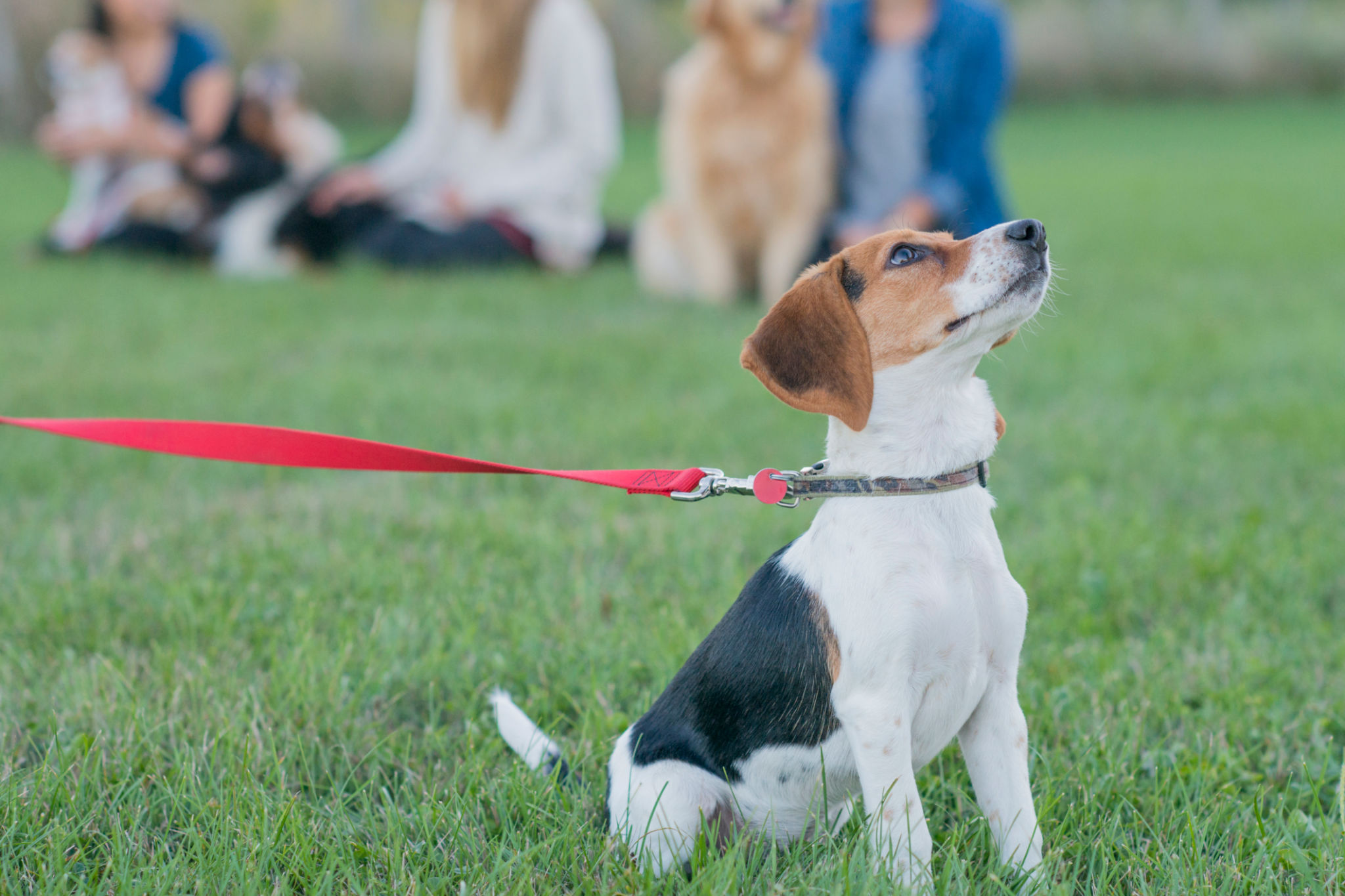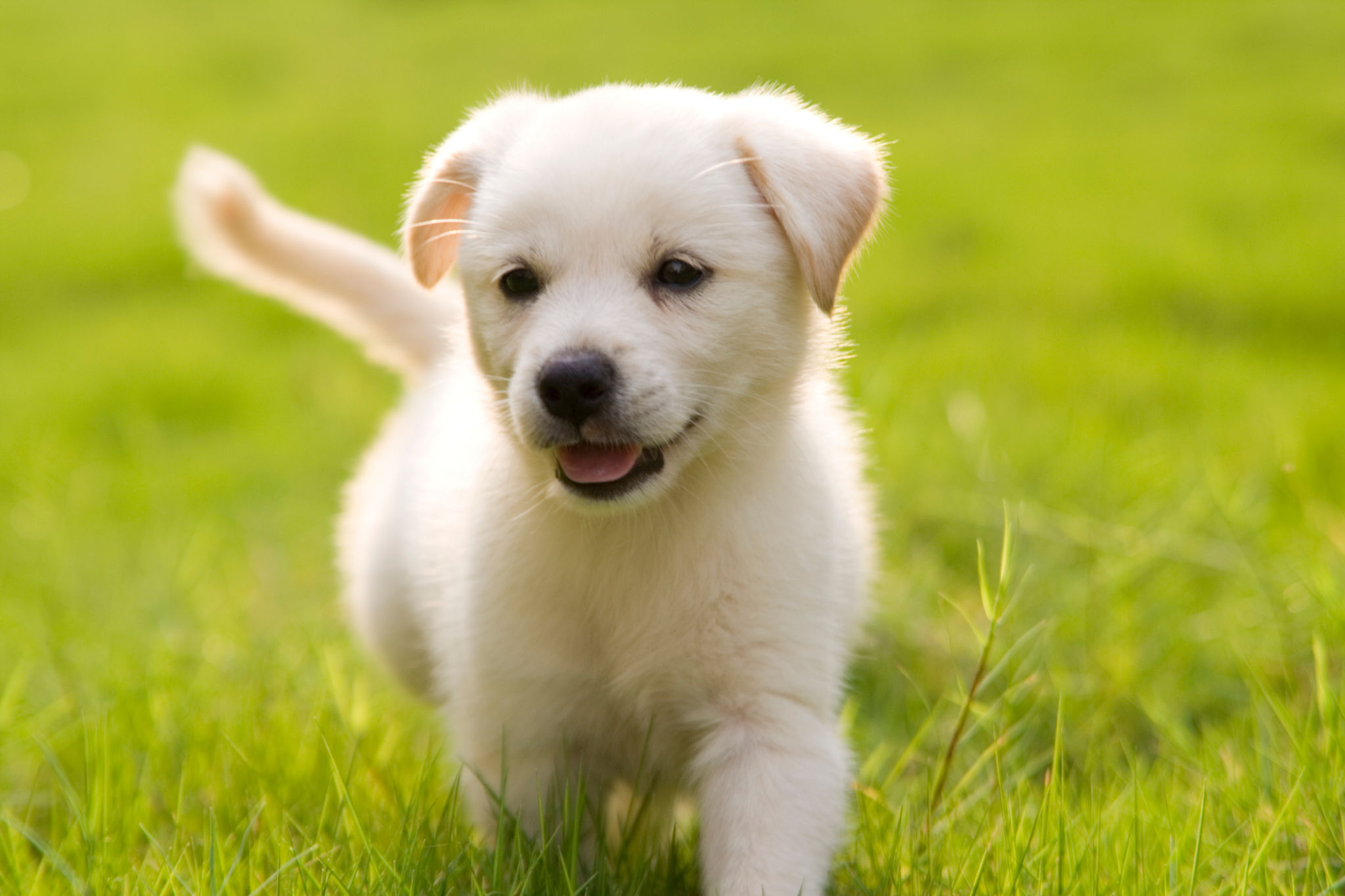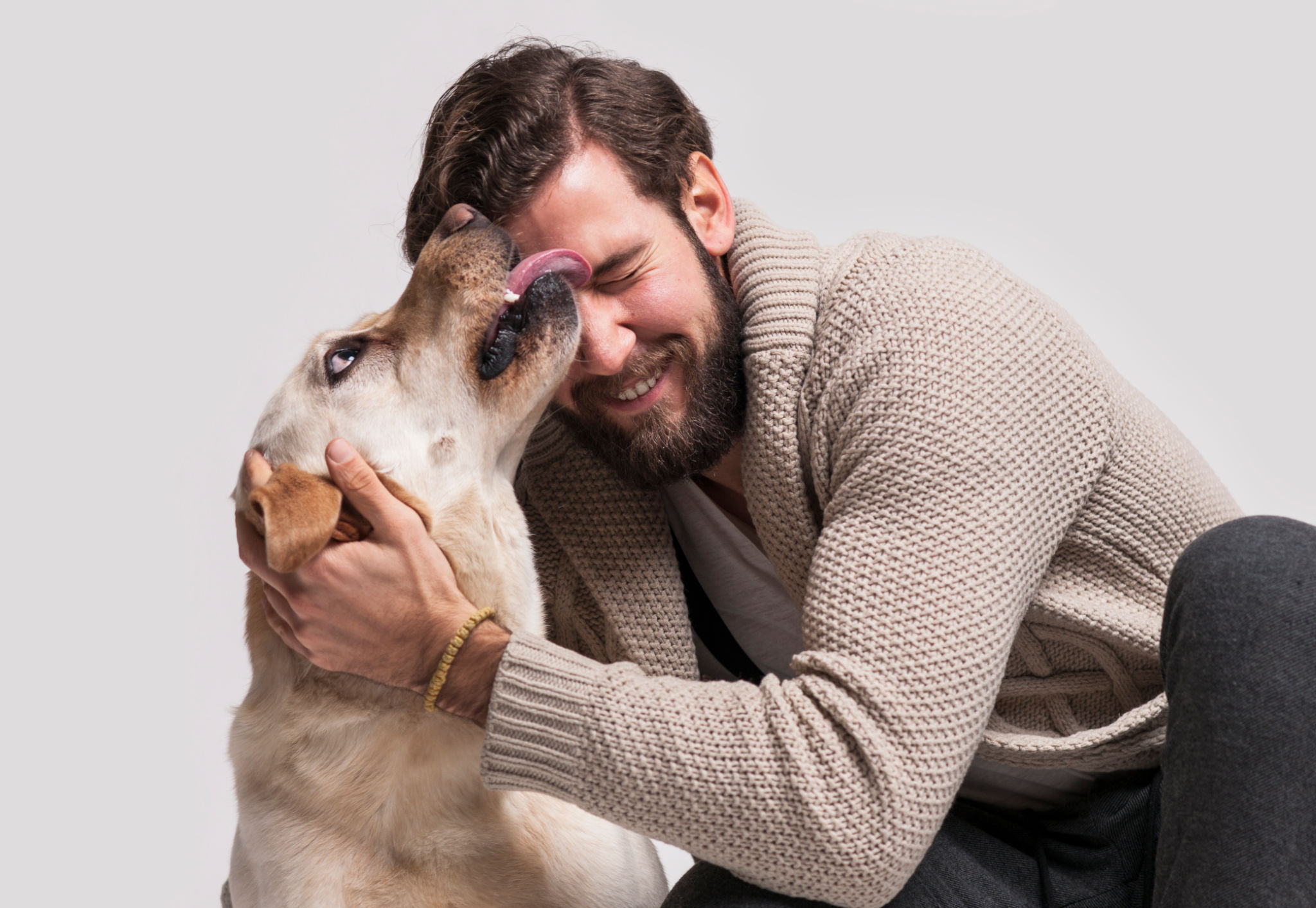Training Tips for Your Frederick County German Shepherd Puppy
Understanding Your German Shepherd Puppy
German Shepherds are known for their intelligence, loyalty, and versatility, making them a popular choice among dog lovers. As a Frederick County resident welcoming a German Shepherd puppy into your home, it's essential to understand their unique needs and characteristics. These dogs are highly trainable but require consistent and structured guidance.
Before diving into specific training techniques, familiarize yourself with your puppy's behavior and personality. Observing their interactions and responses will help tailor your training approach to suit their individual needs.

Establishing a Routine
One of the first steps in training your German Shepherd puppy is to establish a solid routine. Puppies thrive on consistency, which helps them feel secure and understand what is expected of them. Create a schedule that includes regular feeding times, bathroom breaks, playtime, and training sessions.
Consistency in your routine will not only aid in housetraining but also in reinforcing positive behaviors. Aim to keep mealtimes and bathroom breaks at the same time each day to help your puppy develop good habits.
Basic Obedience Training
Basic obedience training is crucial for any puppy, especially for intelligent breeds like German Shepherds. Start with simple commands such as sit, stay, come, and down. Use positive reinforcement techniques, such as treats and praise, to encourage your puppy to follow commands.
Patience is key during this phase. Some puppies may learn quickly, while others may take more time. Be persistent and consistent, and avoid using harsh discipline methods as they can lead to fear and anxiety.

Socialization is Key
Socialization is a critical component of your German Shepherd puppy's development. Expose your puppy to various environments, people, and other animals to ensure they grow up to be well-adjusted and confident. Enroll your puppy in a local puppy class where they can interact with other dogs under controlled conditions.
A properly socialized German Shepherd is less likely to develop behavioral problems such as aggression or fearfulness. Make sure every new experience is positive and rewarding for your pup.
Exercise and Mental Stimulation
German Shepherds are an active breed that requires both physical exercise and mental stimulation. Incorporate daily walks, play sessions, and engaging activities like fetch or agility training into your routine. This helps burn off excess energy and keeps your puppy happy and healthy.
Mental stimulation is just as important as physical exercise. Provide puzzle toys or engage in interactive games that challenge your puppy's mind. This will prevent boredom and destructive behaviors.

Addressing Behavioral Challenges
It's not uncommon for puppies to exhibit behaviors like chewing or jumping. Redirect these behaviors by providing appropriate chew toys and teaching the off command for jumping. Consistency and patience will help your puppy understand what is acceptable behavior.
If you encounter persistent behavioral issues, consider seeking the advice of a professional dog trainer in Frederick County. They can offer personalized guidance and strategies tailored to your puppy's needs.
Building a Strong Bond
Finally, remember that training is not just about teaching commands; it's about building a strong bond with your German Shepherd puppy. Spend quality time together through play, training, and simply enjoying each other's company. This connection will foster trust and make future training endeavors more successful.
Your dedication and effort during these formative months will pay off as your German Shepherd grows into a well-mannered and loyal companion.
